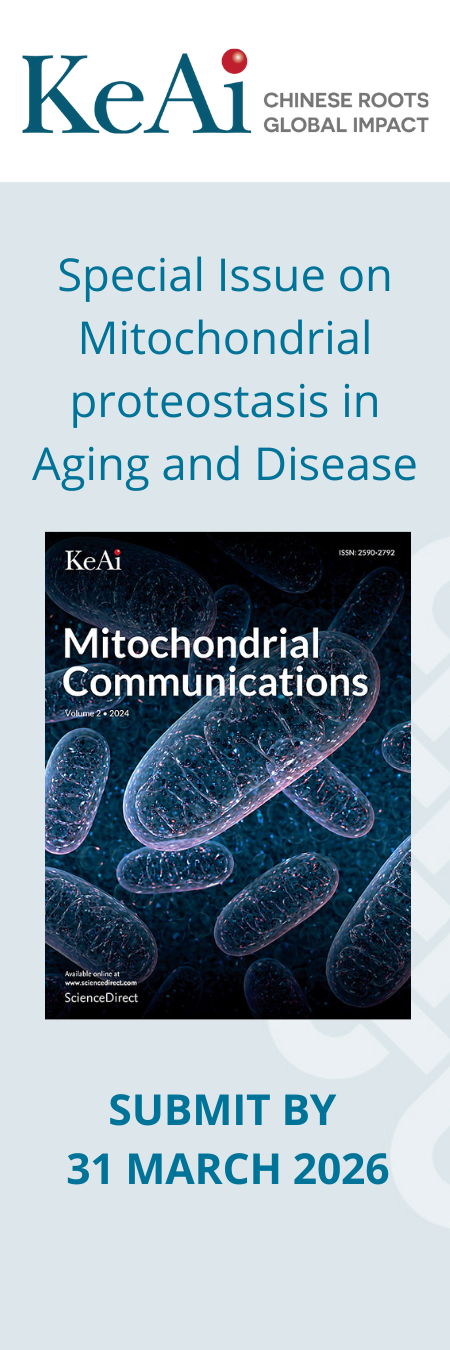Mitochondrial proteostasis in Aging and Disease
Published 09 May, 2025
Mitochondria are essential organelles in eukaryotic cells, possessing their own DNA and occupying up to 25% of the cytoplasmic volume. Widely recognized as the “powerhouse of the cell”, mitochondria generate the majority of cellular ATP through oxidative phosphorylation (OXPHOS). Beyond energy production, they play critical regulatory roles in cellular stress responses, lipid synthesis, immune function, programmed cell death, and Ferroptosis.
Reactive oxygen species (ROS), by-products of aerobic respiration, are primarily generated in the mitochondrial electron transport chain during energy transduction. Due to their high metabolic activity, mitochondrial proteins are particularly vulnerable to oxidative damage. To maintain proteostasis, mitochondria rely on an efficient protein quality control (PQC) system, which includes ATP-dependent proteases that monitor, repair, and degrade misfolded or damaged proteins. Dysregulation of these proteases can impair mitochondrial function, contributing to various human diseases and accelerating biological aging.
This special issue aims to provide an overview of the mitochondrial PQC system, with an emphasis on the well-characterized ATP-dependent mitochondrial proteases. It will explore their biological significance and clinical relevance to human disease.
We welcome original articles from researchers working in this area to contribute to the special issue.
Topics covered:
- Mitochondrial chaperones
- Mitochondrial proteases
- Turnover of mitochondrial proteins
- Regulation of mitochondrial dynamics and mitophagy
- Mitochondrial unfolded protein response
- Mitochondrial protein quality control related diseases
- Mitochondrial proteostasis dysfunction in Aging
Important deadlines:
Submissions open: 10 May 2025
Submissions close: 31 March 2026
Expected time to first decision: 4 weeks after submission
Submission instructions:
Please read the Guide for Authors before submitting. All submissions should be made via the online editorial system and will be subject to peer review. If the manuscript is accepted, the article will be published open access with no fee payable by the author.
Guest Editor:




